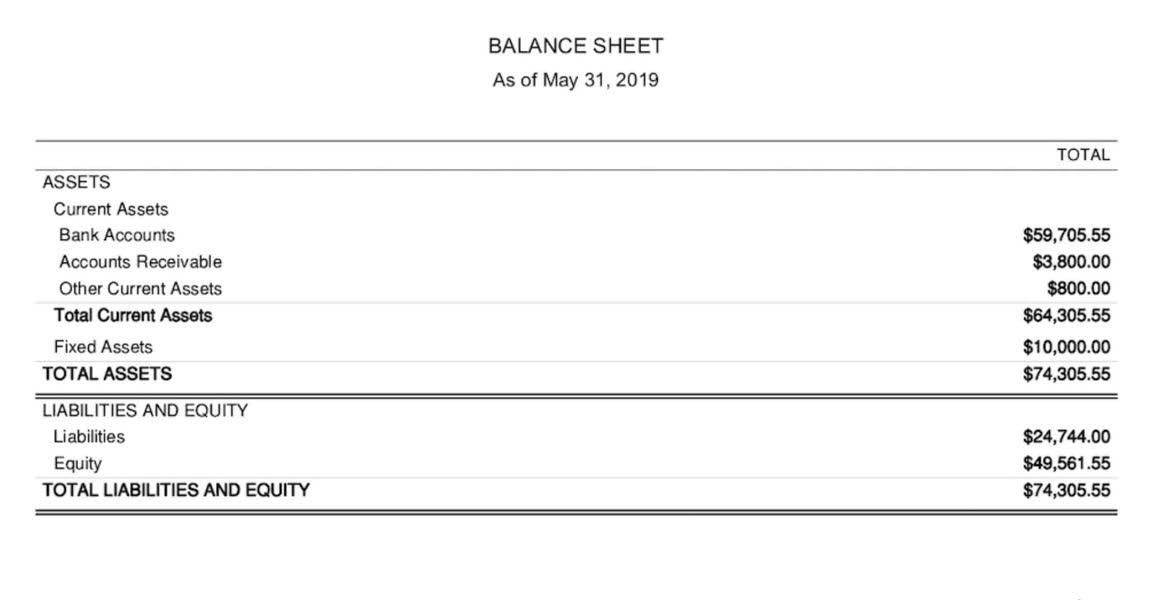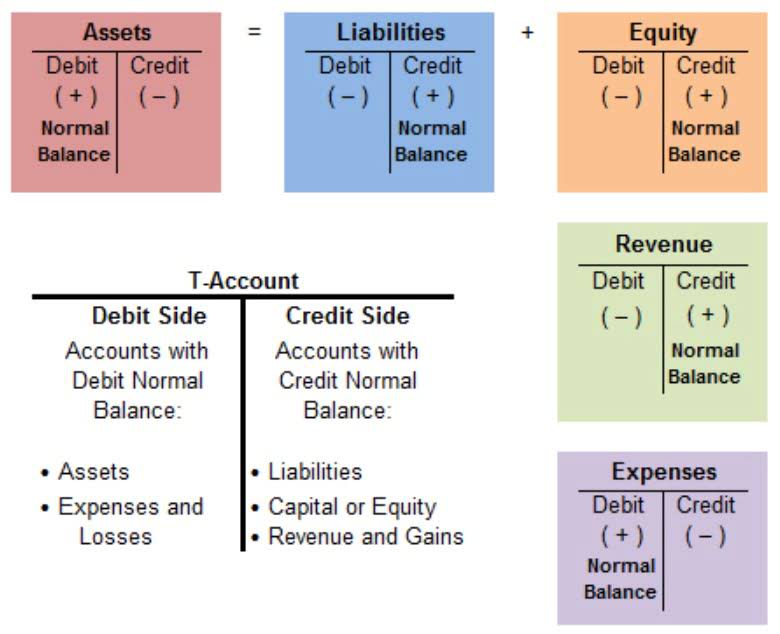Certified Public Accountants Office of the Professions

An accountancy degree, also known as a degree in accounting or accounting science, provides a foundation on which you can build a rewarding career in finance. Accounting majors often work to become certified public accountants (CPAs) and provide expertise in business finance for a wide variety of industries. Financial accounting refers to the processes used to generate interim and annual financial statements.

Find Courses

You will learn auditing, financial recording, taxes, payroll, financial planning, and other essential accounting principles while preparing for the CPA or other licensing exams. Public accounting is the field of accounting that deals with the financial statements and records of public, government, and non-profit organizations. Public accountants ensure that these organizations’ financial statements comply with generally accepted accounting principles. They may also provide tax, advisory, and consulting services to their clients.
How much does it cost to get an accounting degree online?
In this course, students will learn to differentiate between financial, cost, and managerial accounting and where these accounting types fit into the business environment. https://www.bookstime.com/ This course will help students gain a fundamental knowledge of the budgeting process, how to analyze basic financial statements, and how to use spreadsheets to analyze data. This course provides students with a business generalist overview of the field of accounting and acts as a preview course for the accounting major. A taxation concentration goes beyond the basics for individuals and businesses.
What Is the Difference Between an Accountant and a Certified Public Accountant?
- Accounting, on the other hand, refers to the process of maintaining those records.
- The financial statements of most companies are audited annually by an external CPA firm.
- You can browse all of our Q&A by topic or search for a specific question by using the search box found at the top of each page.
- The goal is to help these individuals make decisions about how to run the company in a way that will maximize profitability.
- In this course, students will learn to differentiate between financial, cost, and managerial accounting and where these accounting types fit into the business environment.
- The median annual pay for an accountant in the U.S. was $79,880 in 2023, according to the Bureau of Labor Statistics.
- An accounting degree can also be an asset for those with entrepreneurial aspirations.
Accountancy can cover such areas accountancy as forecasting, budget planning and cost analysis, which are important concepts for those who want to be executives and business managers someday. Students sometimes enter accounting programs with little technical knowledge. This guide serves as an easy-to-use resource for developing the vocabulary used by accounting professionals. Accounting careers that require a bachelor’s degree at a minimum can be worth it. Many accounting career paths boast attractive median salaries above $75,000.

A master’s in accounting or taxation can help accountants qualify for more job opportunities. These degrees build advanced accounting knowledge and allow students to delve into specialized topics. Accountants need both a bachelor’s degree in accounting or finance and experience in the field to take the exam. The exam is tailored to each state’s requirements and is administered by the state boards of accountancy.
- Continuing on to earn your Master of Accounting (also known as Master of Accountancy) from an online college for accounting will help you meet the 150 semester hours required to sit for the CPA exam in most states.
- After the Great Depression and the formation of the Securities and Exchange Commission (SEC), all publicly traded companies were required to issue reports written by accredited accountants.
- Tax accountants overseeing returns in the United States rely on guidance from the Internal Revenue Service.
- When researching an online accounting degree, you’ll need to ensure that your online degree is from an accredited institution.
- These include accounting manager, auditor, investment banker, and chief financial officer.
- Analysts, managers, business owners, and accountants use this information to determine what their products should cost.
The CPA Journal
- An online accounting degree can be a fantastic choice if you are currently working full-time and want to maintain your job while furthering your education.
- He had seen the creation of WebMD by an internet entrepreneur who was not part of the medical profession in 1998 and wanted to avoid something similar happening in accounting.
- In addition to scholarship opportunities, many state societies also offer free student memberships and networking events.
- However, some employers may prefer candidates with a master’s in business administration (MBA).
Prior to joining Forbes Advisor’s education team, Ilana wrote and edited for websites such as BestColleges.com and AffordableCollegesOnline.org. Accountancy encompasses many specializations to suit professionals’ different interests and goals. Tax accounts may also lean in on state or county taxes as outlined by the jurisdiction in which the business conducts business. Foreign companies must comply with tax guidance in the countries in which they must file a return. Tax accounts balance compliance with reporting rules while also attempting to minimize a company’s tax liability through thoughtful strategic decision-making.
By charging per term rather than per credit—and empowering students to accelerate through material they know well or learn quickly—WGU helps students control the ultimate cost of their degrees. Graduates of this program are ready to progress toward a MAcc program, CPA examination, or a specific job. WGU’s accounting bachelor’s program is a crucial step in eligibility to sit for the accounting certification exam, and prepares you for success in the field. Compensation and Benefits develops competence in the design and implementation of compensation and benefits systems in an organization. The total rewards perspective integrates tangible rewards (e.g., salary, bonuses) with employee benefits (e.g., health insurance, retirement plan) unearned revenue and intangible rewards (e.g., location, work environment). This perspective allows students to use all forms of rewards fairly and effectively to enable job satisfaction and organizational performance.

 We use cookies to optimize our website and our service.
We use cookies to optimize our website and our service. 
